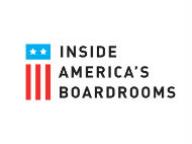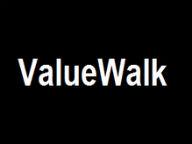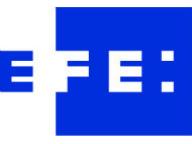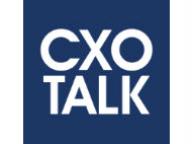In a podcast interview, Professor Sinziana Dorobantu offers insights on stakeholder capitalism while sharing takeaways from her joint research on how companies' efforts to build strong stakeholder relationships can prevent crises
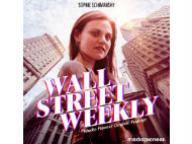



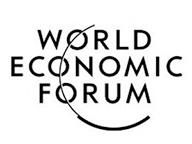



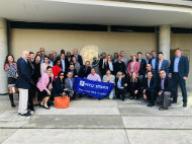












Excerpt from British Psychological Society -- "This, it turns out, is a classic example of a bias, dubbed the overestimation bias, revealed in a new paper, published in the Journal of Experimental Psychology. In a series of studies involving thousands of participants, Minah Jung at New York University and colleagues found that we over-estimate how much other people will enjoy, pay for or wait for a desirable experience or object."

Excerpt from British Psychological Society -- "This, it turns out, is a classic example of a bias, dubbed the overestimation bias, revealed in a new paper, published in the Journal of Experimental Psychology. In a series of studies involving thousands of participants, Minah Jung at New York University and colleagues found that we over-estimate how much other people will enjoy, pay for or wait for a desirable experience or object."
